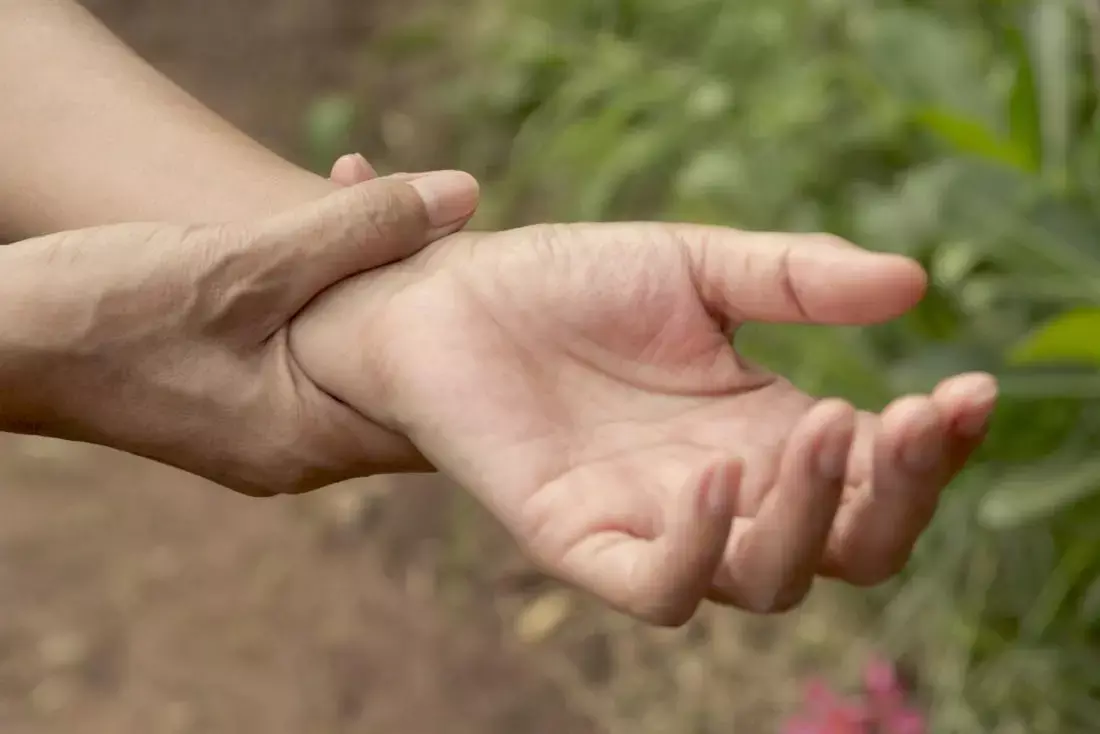
Study finds mixed vaccination of Covishield and Covaxin safe, produces better results
text_fieldsA recent study conducted by the Indian Council of Medical Research, New Delhi revealed findings which suggest that the combination of Covishield and Covaxin vaccine doses elicits a better immune response.
Titled 'Serendipitous Covid-19 Vaccine-Mix in Uttar Pradesh, India: Safety and Immunogenicity Assessment of a Heterologous Regime', the study was uploaded on a preprint server medRxiv. It is yet to be peer-reviewed.
The study involved 98 participants, out of whom 18 people had received the Covishield vaccine as the first dose, and inadvertently, the Covaxin vaccine as the second. The study found that mixing the two vaccines was safe and elicited effects similar to that experienced while receiving two of the same jabs.
"To the best of our knowledge, this is the first study which reports the effects of heterologous prime-boost vaccination with an adenovirus vectored vaccine followed by an inactivated whole virus vaccine," stated the research.
18 individuals from Siddharthnagar, Uttar Pradesh had unintentionally received Covishield as the first vaccine dose and Covaxin as the second.
The reactogenicity analysis to study the adverse effects of this mixture was reported within seven days of receiving the vaccine. No serious adverse event following immunization (AEFI) was reported within the first 30 minutes of receiving the vaccine for both first and second doses.
Adverse effects such as erythema, induration, pruritis or pustule formation were not reported among the participants. The most common AEFI reported were pain at the point of injection, high temperature and malaise— adverse effects commonly reported after homogenous vaccinations. Pyrexia (fever) among the participants was combated with paracetamol, and the fever subsided within four days after vaccination.
The findings, therefore, contend that a heterogeneous combination of the two vaccines is safe to administer, and can bring about better immunogenicity than its homogeneous counterparts. The results of this study can further research to test whether the administration of heterogeneous vaccine doses will provide a better immunity against new variants of the virus.
The study also highlighted other practical uses of mixed-dose vaccination, such as in cases of a vaccine shortage.
The study, however, is yet to be peer-reviewed. A multicentre randomized controlled trial (RCT) must also be conducted to prove the findings.






















